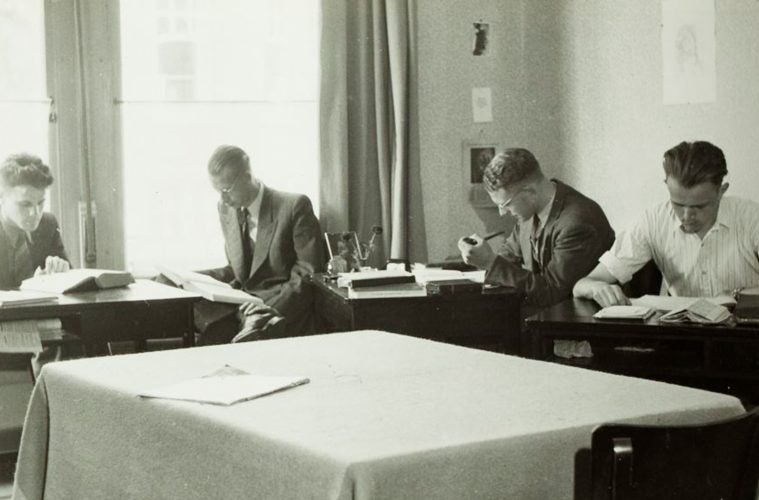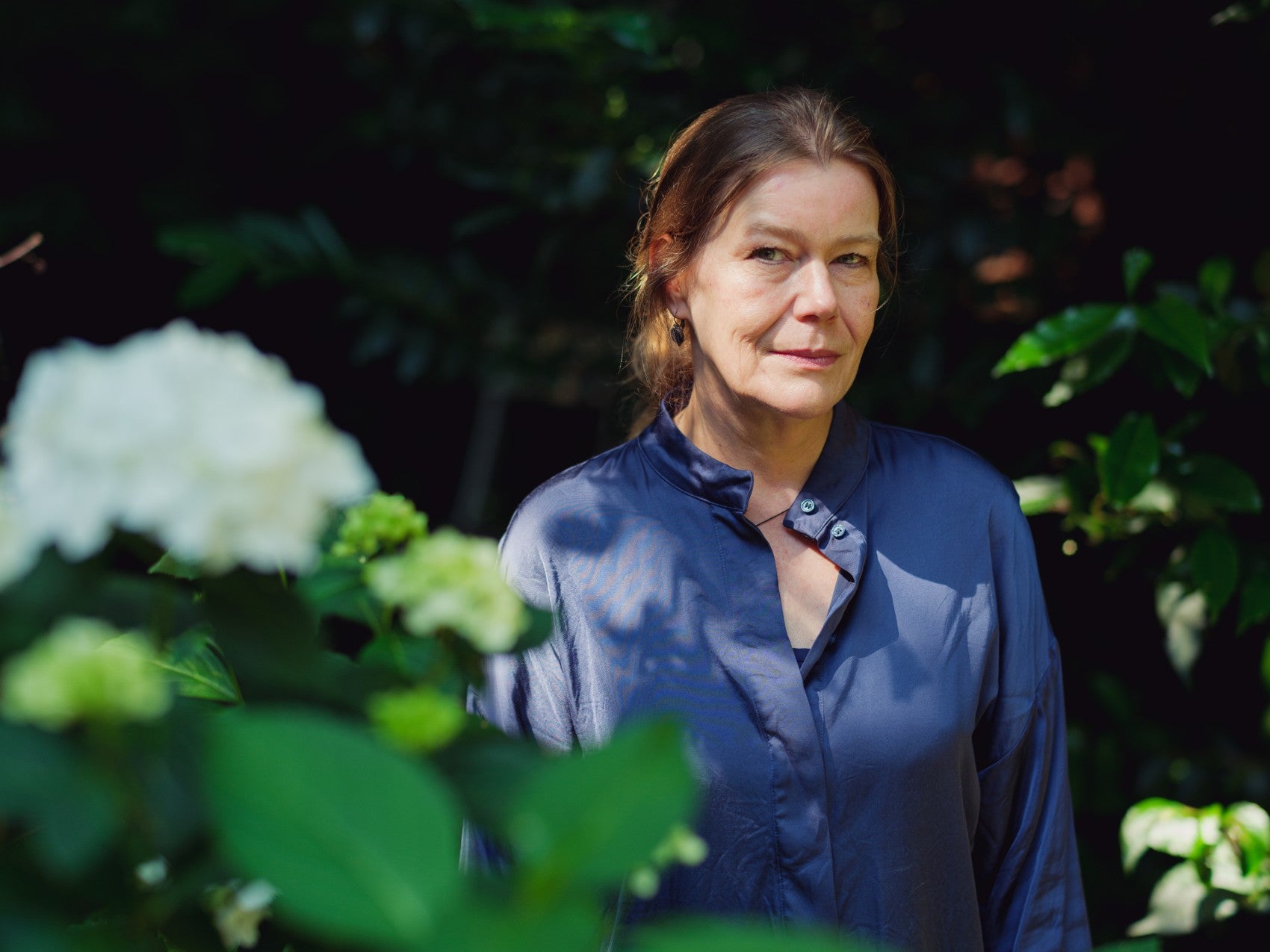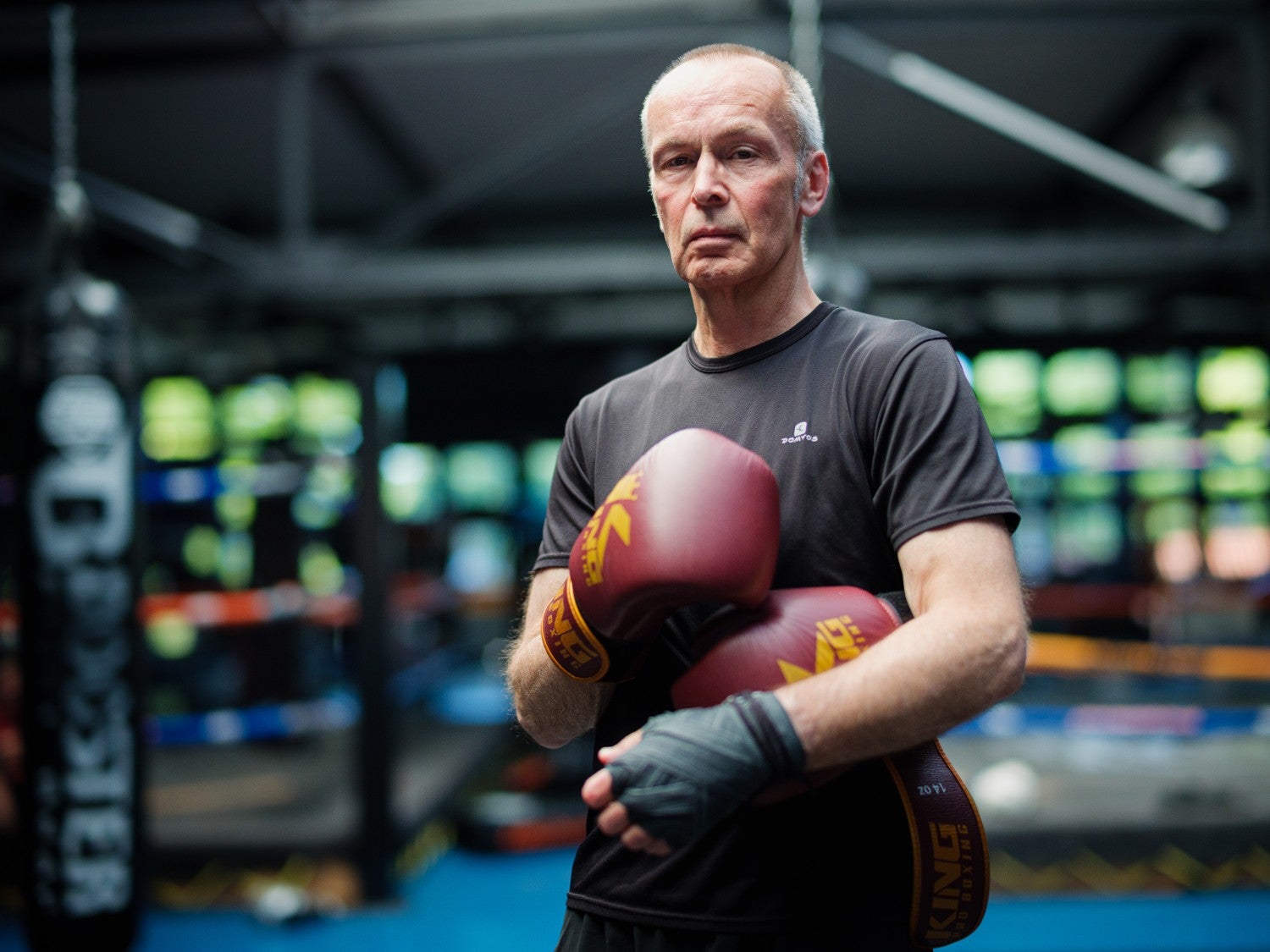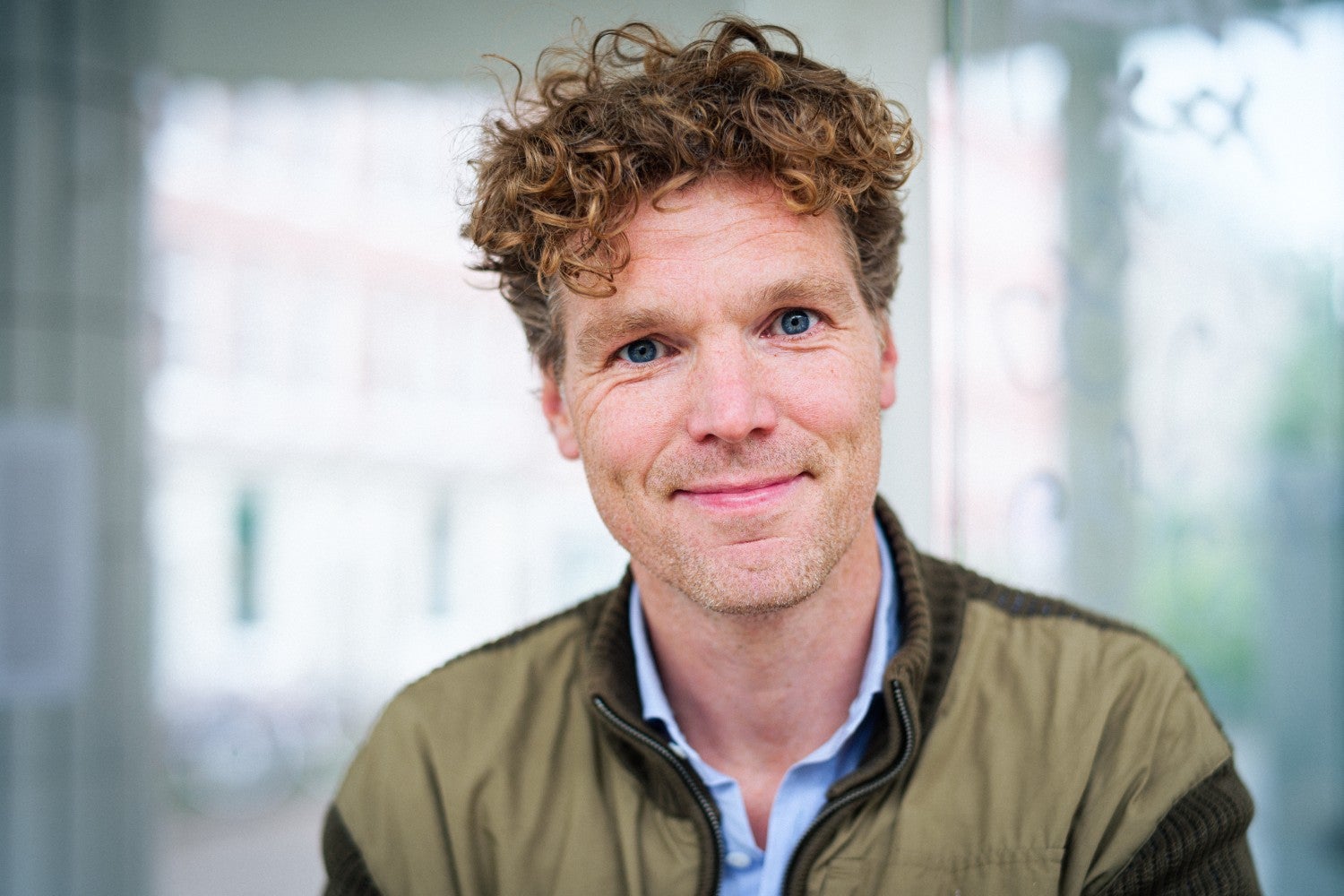In 2018, the VU School of Business and Economics is celebrating its 70th anniversary. The faculty of Economics and Social Sciences was born in October 1948, with almost 100 students and three professors, who had just been appointed to flesh out the new faculty.
With fewer than 100 students, including just one woman, the faculty of Economics and Social Sciences began its eventful life in October 1948. Three professors (Z.W. Sneller, F.L. van Muiswinkel and J. Zijlstra) had just been appointed to flesh out the new faculty. The faculty was provisionally housed in two enormous villas in the posh Amsterdam-Zuid district. It must have been a harmonious faculty community at the time, with a resident caretaker who made coffee and tea and looked out for all faculty members. The faculty is now known as the School of Business and Economics (SBE), has over 6,000 students (Bachelor’s, Master’s and postgraduate students), 40% of whom are female, and around 80 professors. SBE occupies 7 modern, transparent stories of the colossal Main Building of VU Amsterdam University, a stone’s throw away from the dynamic financial centre situated in Amsterdam’s Zuidas area. The caretaker of yore has now made way for vending machines and a digital service square. Which developments have typified SBE over all these years?
In the 1950s and 60s, the faculty grew steadily and developed its own, strong identity. In 1955, for instance, the faculty split in two, with the Economics faculty continuing without Social Sciences. Shortly after that, the faculty started offering professional and executive education, as it’s known today, for accountants and controllers. From the outset, the faculty has expressed the view that staff and students must have thorough knowledge of modern (business) economics in order to contribute to solving issues in society. To this day, the faculty strives to be socially significant, which is why economic philosophy and ethics have always been part of the curriculum. It is no coincidence that this faculty has been the alma mater of many (prime) ministers, high-ranking civil servants and major executives in the world of business.
The turbulent 1970s, filled with student protests and democratisation, did not go unnoticed either. The faculty society, which mainly invited guest speakers and organised day trips for the students, was rechristened a student union, which engaged in social criticism and worked on so-called political economy. Not much was achieved, however. Meanwhile, the faculty continued to grow and a state of peace & quiet returned in the 1980s, when students became more aware of their position on the labour market. The student union merged with the more moderate faculty society, which had been founded as a counterweight, forming Aureus, which has since represented student interests in the broadest sense of the word.
In retrospect, 1987 can be seen as a key year. First of all, this was when the econometricians joined the faculty and its name changed to the faculty of Economics and Econometrics. Subsequently, the faculty collaborated with Erasmus University Rotterdam and the University of Amsterdam to found the Tinbergen Institute. This institute trained PhD students with an international, English-taught Master’s degree, who boost the quality of scientific research into Economics in the Netherlands. The same year also saw the introduction of a new study programme: ‘Financial Sector Business Administration’. Early in the 21st century, this programme was redesigned as Business Administration, including an English-taught version known as International Business Administration. Since then, these study programmes have dominated the faculty, which was then called the faculty of Economics and Business Administration, in terms of student numbers. Founded in 2009, the Amsterdam Business Research Institute now seeks to boost business administration research, as a peer to the Tinbergen Institute.
The recent name change to SBE does justice to the faculty’s increasing internationalisation and international recognition. The faculty, and now the School, has been in constant motion since 1948, as might be expected from current, socially relevant economics and business administration study programmes.






